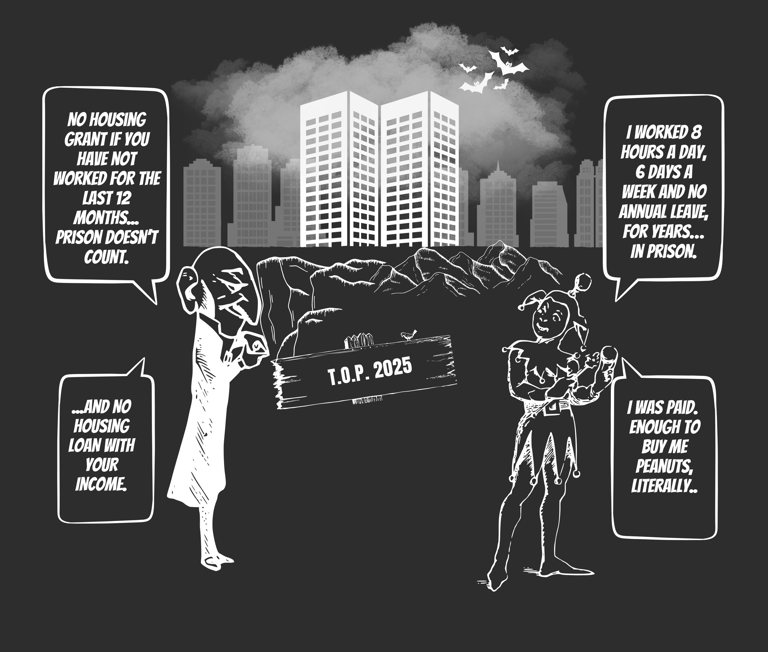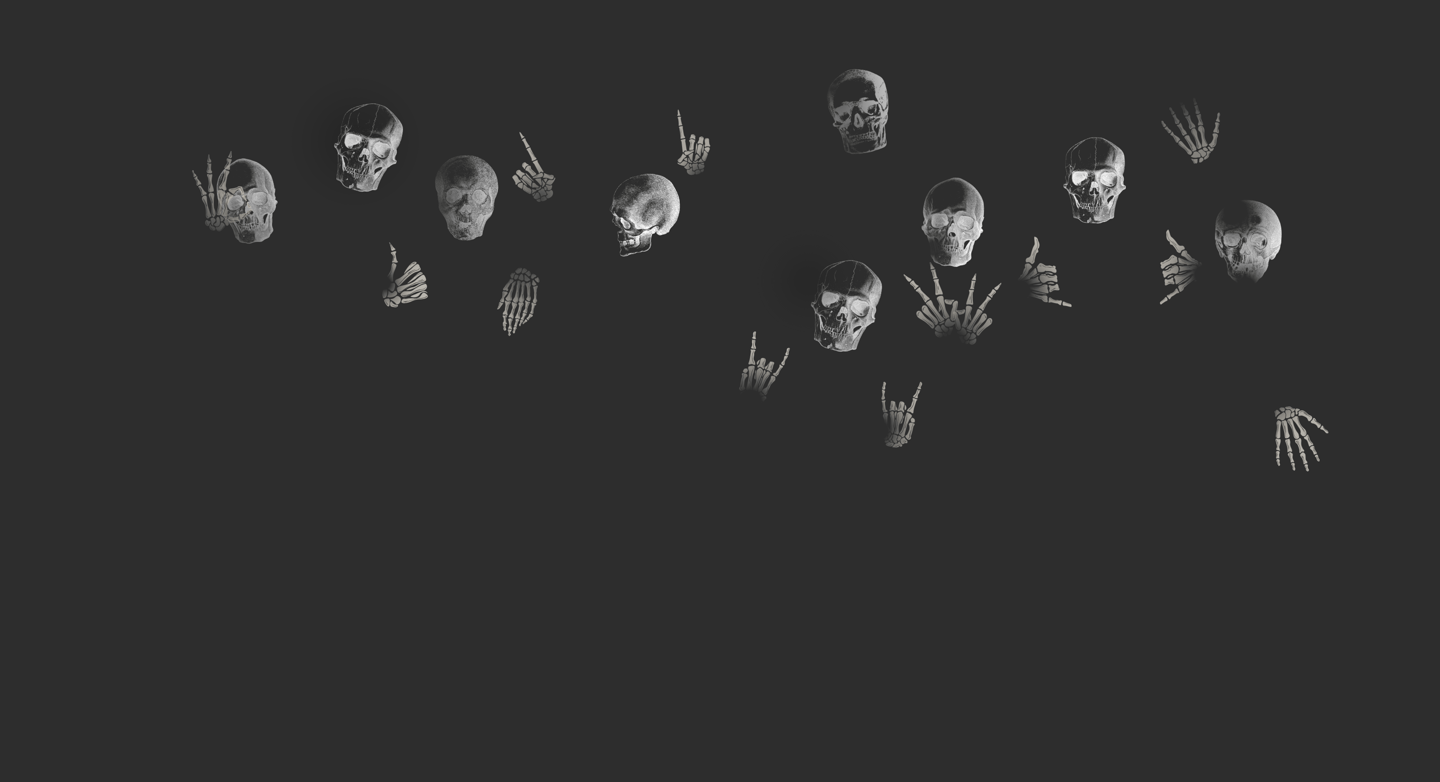

My Skeletons Are Getting Out.
It's time to spill the beans.
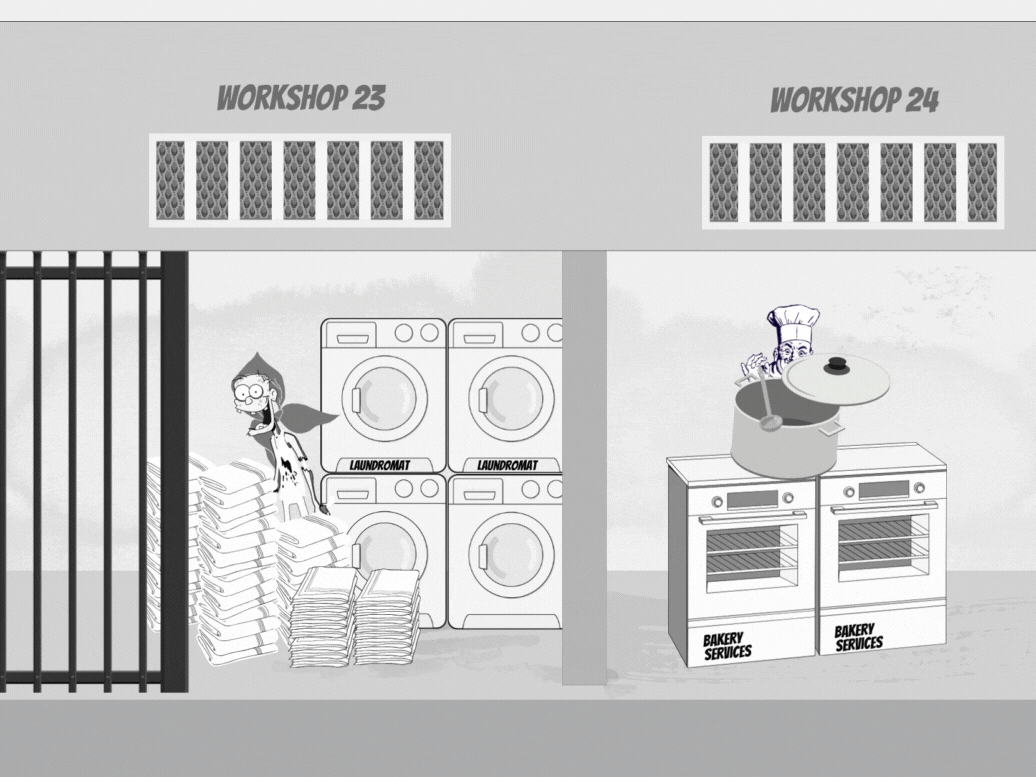

My husband has gone in and out of prison for drugs and other offences.
Each time that he offends, our family plunges into a state of crisis.
Same goes for my kids.
They are 3.9x more likely to offend than their peers, and could do so before their teens.
That's not all.
My kids are prone to mental illness, major depression, self-harm and suicide.


We've lost our jobs, savings, home and reputation,
but there's still no end in sight.
When these happen,
I'll have nothing to live for.




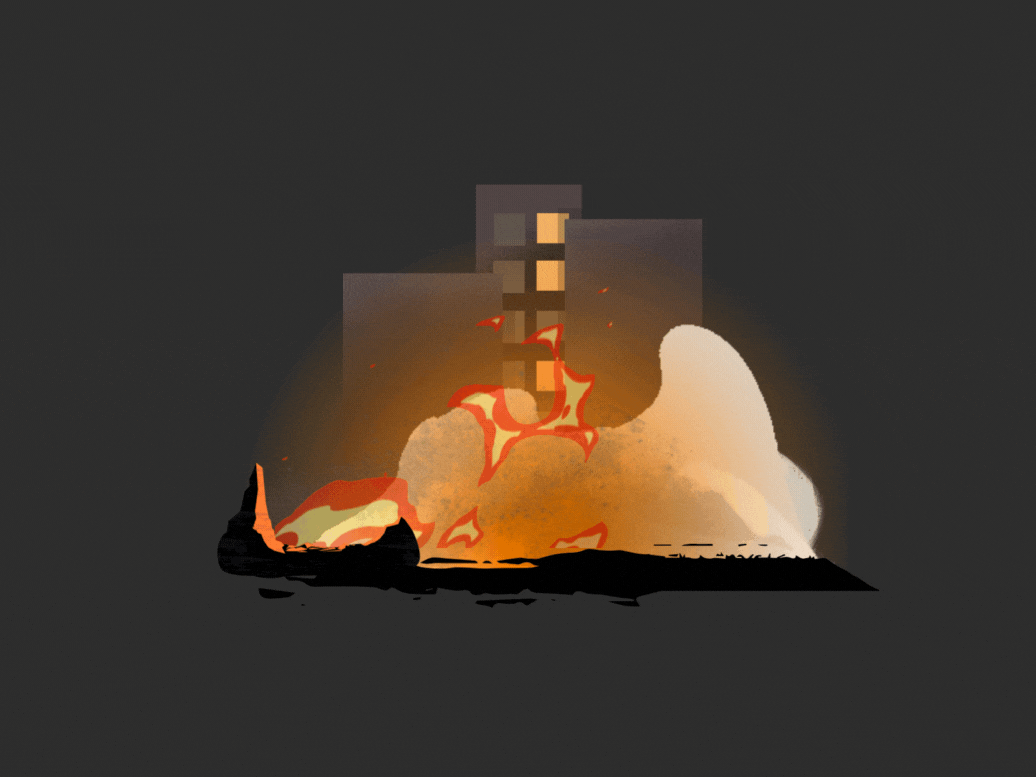



In fact, we're headed for the 4th cycle.
There's a 1 in 2 chance I'll lose my husband to prison in the next 5 years.
Again.
This is a cycle and there is no respite.
A series of debilitating events ensue, lasting up to the time of his next offence.
Due to exposure to many adverse childhood events.
Again, like their father.
People say we brought these upon ourselves.
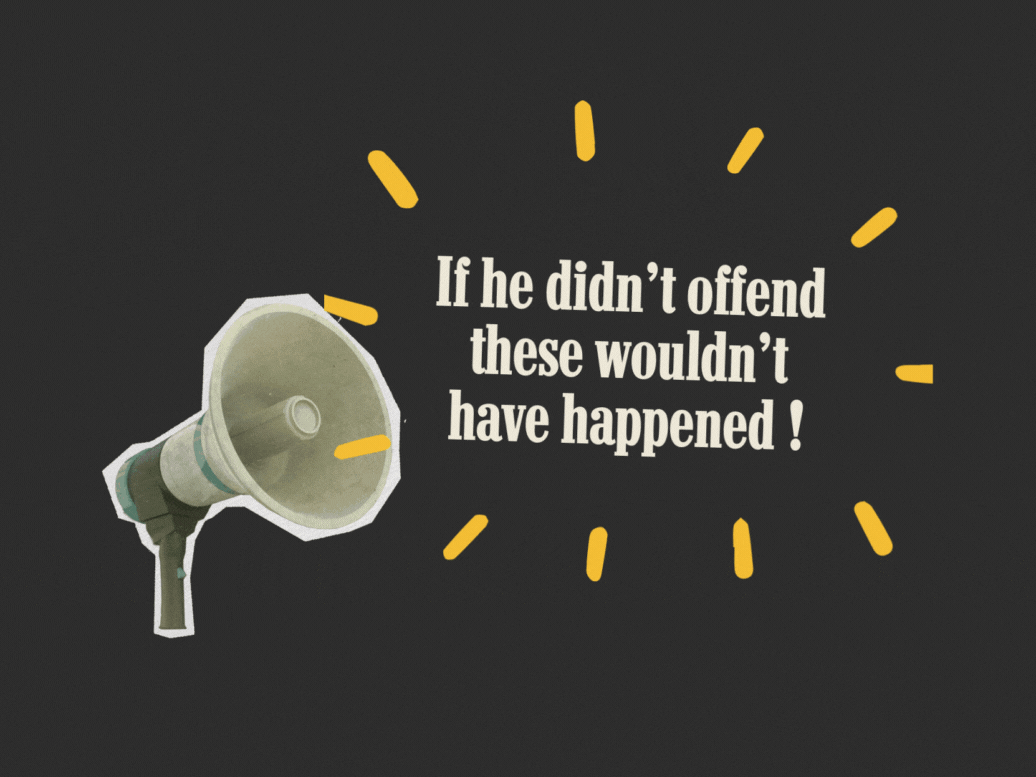
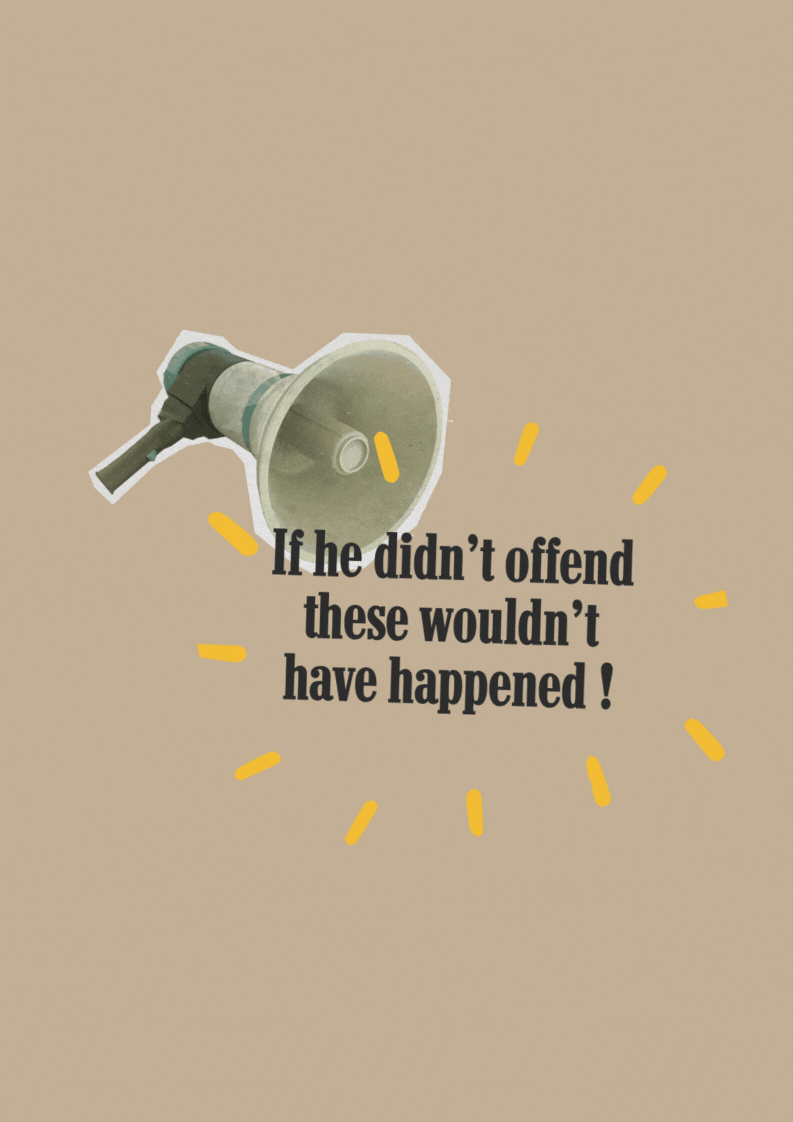
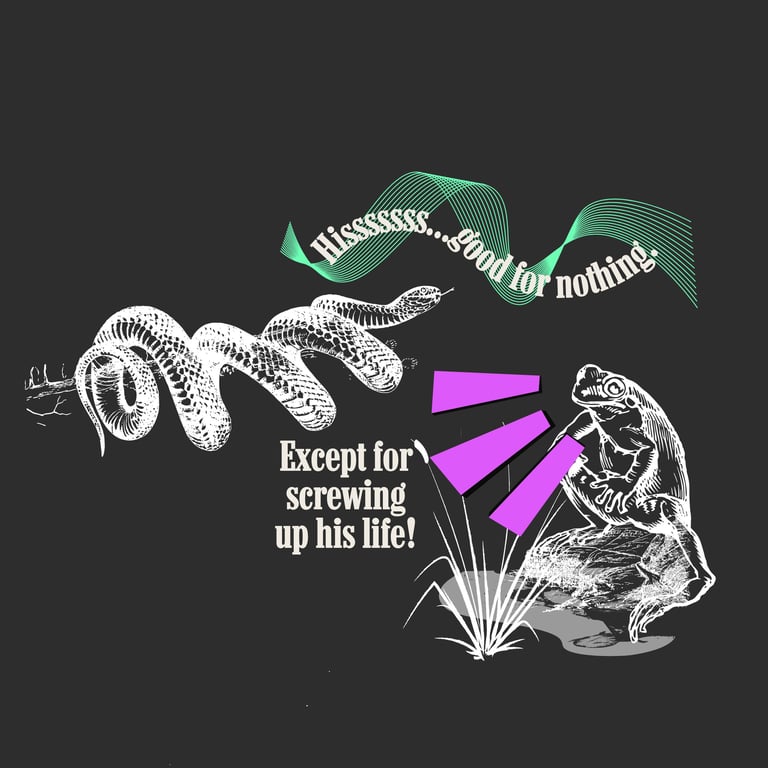
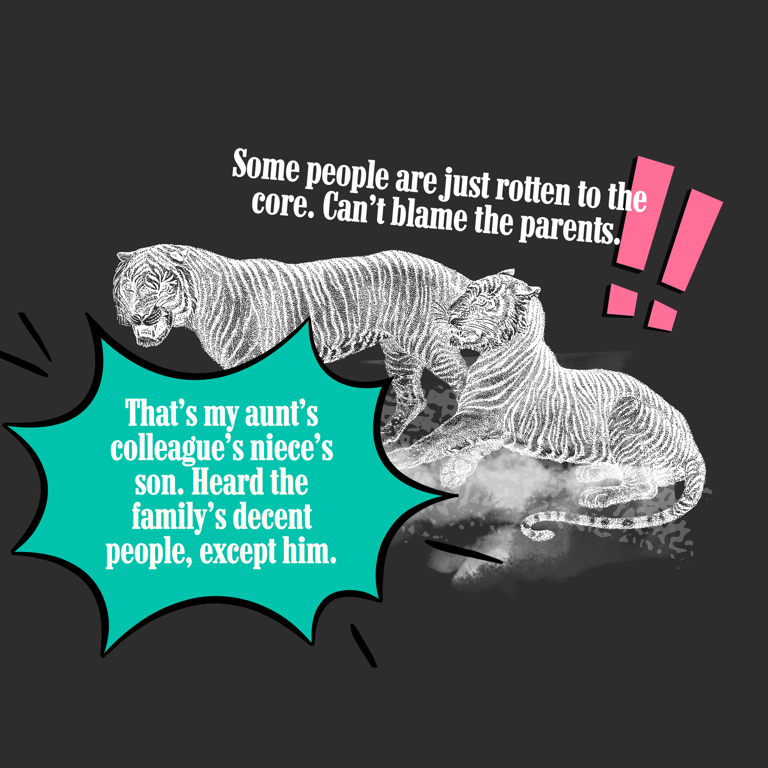
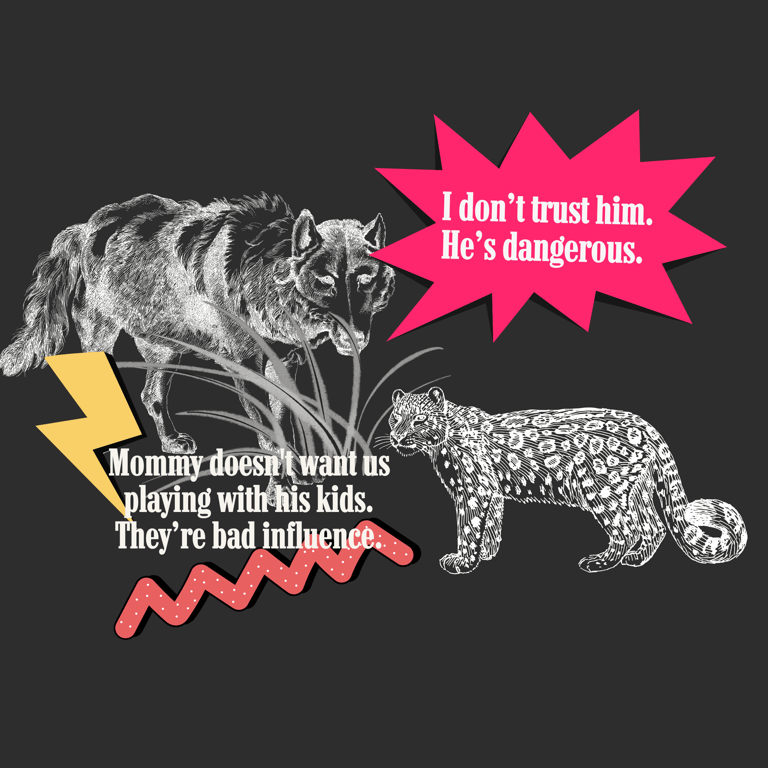
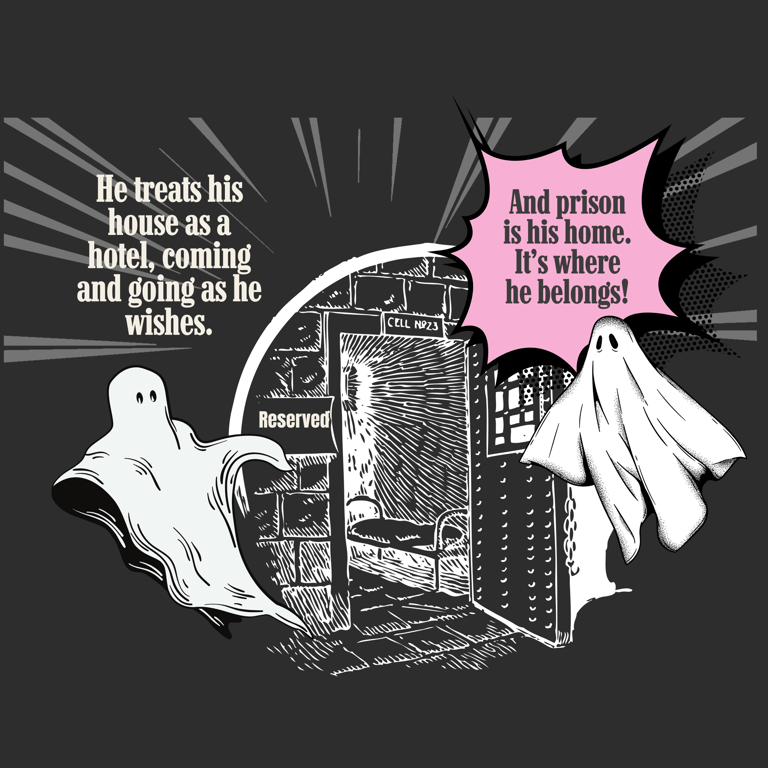
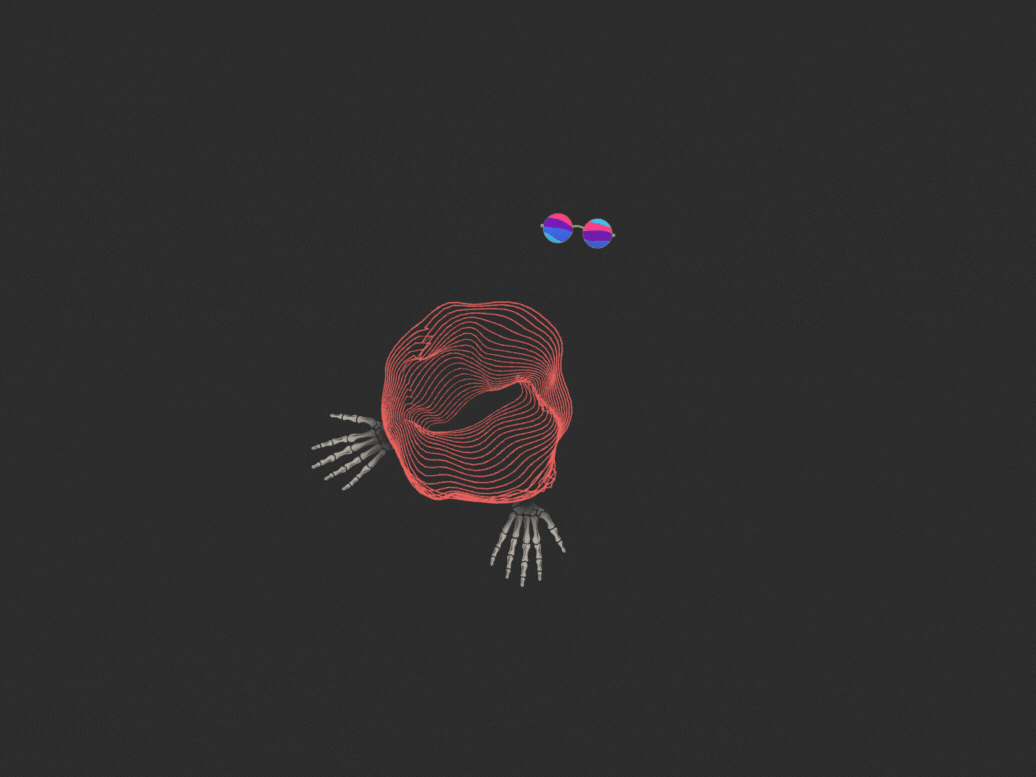


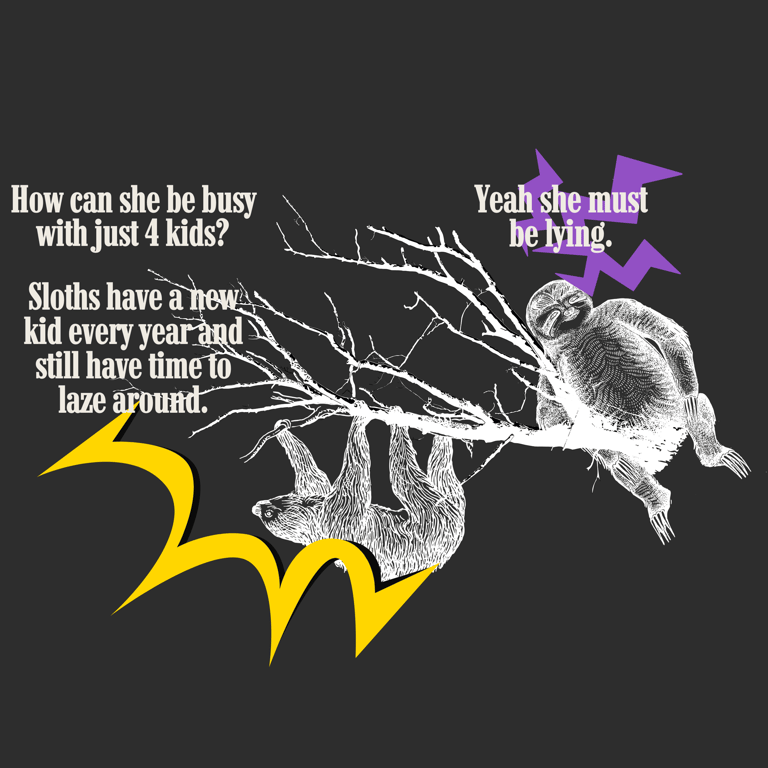
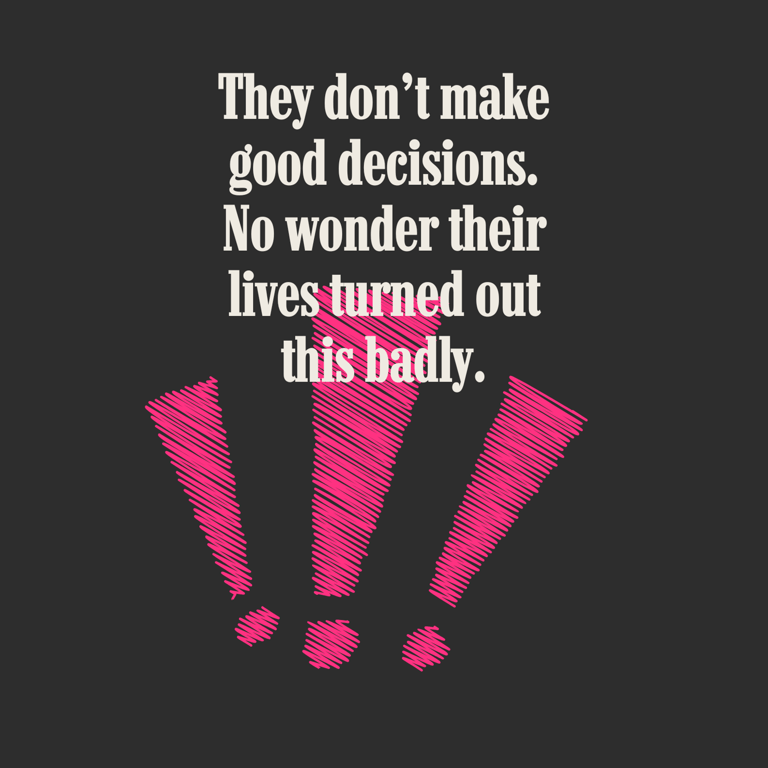

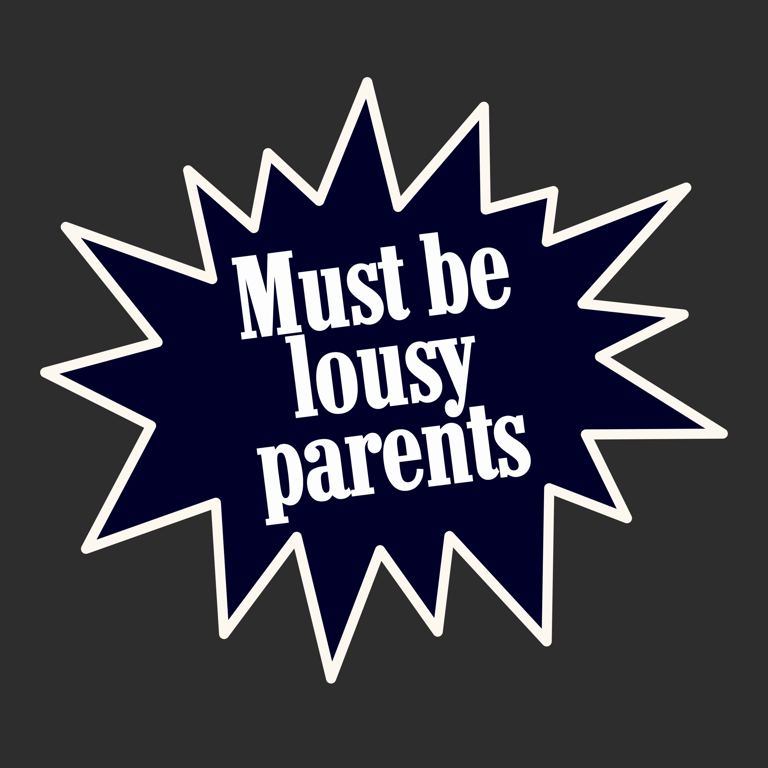
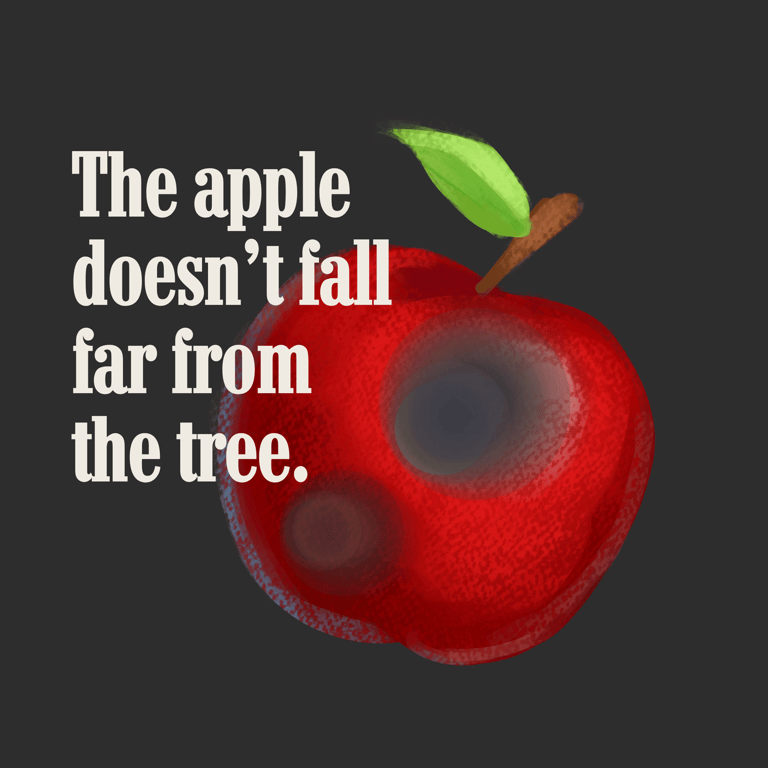

They talk about my husband.
They talk about me.
They talk about our parenting and our kids.
Is there any truth to all of these?
People say we brought these upon ourselves.















They talk about my husband.
They talk about me.
They talk about our parenting and our kids.
Is there any truth to all of these?
Criminal punishment
Families of offenders pay the price when it's not their crime.
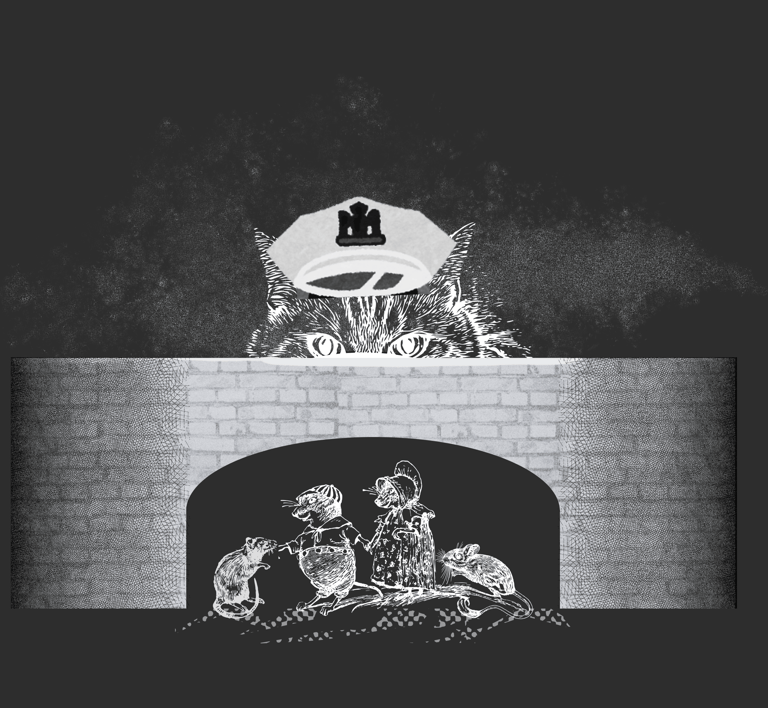

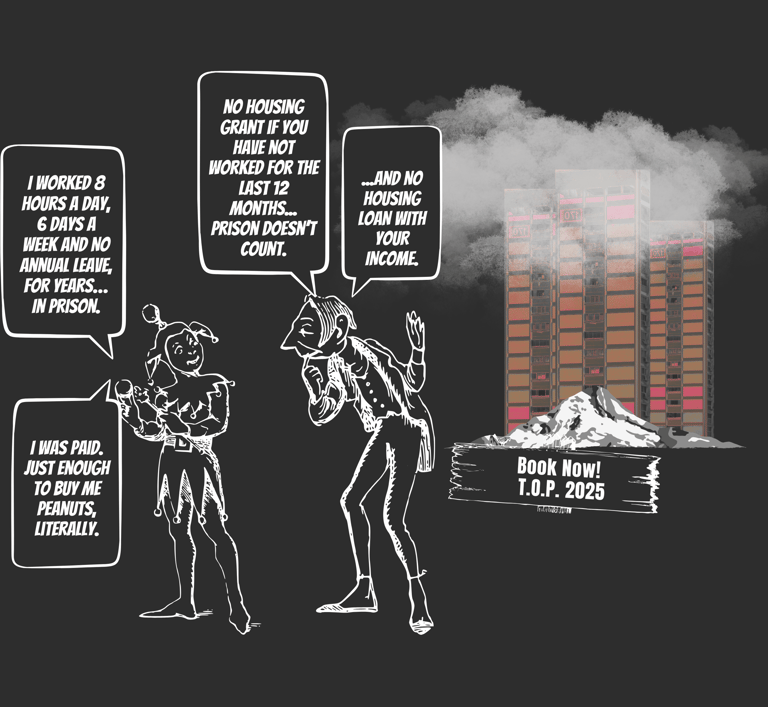

Relationships are impaired yet offenders rely on the kin for lodging. Living in such conditions breed the conditions of return to drug use.
Emotional losses
Financial Dissolution
Excess workload
They experience family upheavals, forced separation, and broken ties. For children, loss of parents / caregivers results in abandonment trauma, disrupting normal development.
The loss of a contributing family member to police remand or a prison term disturbs the distribution of duties in the household, carry serious implications for the family.
Fulfilling prison obligations add onto the workload.
Criminal defence expenditure, loss of income when in prison, receiving a low pay grade that normally accompanies a criminal record, are some ways that can lead a family to financial dissolution.
To be continued...
Offenders and their families face overwhelming odds against the criminal justice system.
Family members often suffer in silence, for fear of disclosing their familial ties with an offender
Exorbitant criminal defence fees, exponentially higher for trials, can be financially crippling.
Families of offenders pay the price when it's not their crime.
A series of paradoxes
Families of offenders are shocked by the jarring event. The mental and emotional turmoil persist over a long period of time with considerable challenges to overcome.
Children suffer disrupted attachment when parents / caregivers are taken from them. Younger children are particularly vulnerable.
To add on, change of caregivers, possible housing displacement and in some cases, separation from co-borns is highly destabilising.
This is a form of abandonment trauma and has serious long term negative repercussions, including substance abuse which gets them involved with the criminal justice system.
Family members are in line for a series of shocks that begin with the police arrest. With parents
Criminal conviction leads to career dissolution and void of academic achievements, eroding past efforts and affect state of finances.
Police arrest and lock up.
Impacts family members who suffer financial lack including unmet needs.
Often, they are sought out to contribute to the legal fees which affects their financial state.
Period of financial difficulties is indefinite.
Imprisonment causes forced separation and broken attachment.
Loss of work and income affects financial state.
Cessation of household duties and responsibilities. Long periods of idleness and boredom.
Loss of freedom in almost all aspects results in reliance on family members to provide (because the prison system does not), which includes visitation and communication.
Families face loss of income contribution, further straining their finances.
Disruption in distribution and fulfilment of household duties. Family members take on duties of their incarcerated kin, including obtaining a source of income. The increase in burdens compromise their own duties which could be important academic and work responsibilities.
Again, children are the most vulnerable.
Minimal help options available. Financial aid is challenging to get and even if approved, amount is meagre. Their cluelessness causes retraumatisation.
Post release,
Traumatised, requires time to reintegrate into society and depends on family for support.
Cessation of contribution to household duties and responsibilities.
Prolonged separation to family members cause broken attachment.
Traumatised family members have to uplift ex-offender kin when they are in crisis too.
Family members fulfil requests, again piling onto their own duties,
Prison visitation occurs twice a month. For certain clusters, they are fixed on weekdays office hours, clashing with working and studying family members.
Family members rush to meet timing, predisposing them to accidents along the way. They face increase in transportation cost due to need for hired vehicles, which is concerning due to their financial state.
Financial Losses
Psycho-emotional Wear Down
Remand cause forced and extended separation.
Pre-Conviction
Sentence Ongoing.
Children with parents / caregivers in prison will encounter the debilitating effects mentioned at the remand stage.
Prison visitation is not just crucial for the kin's wellbeing but a show of family support that preferences them for the offender's early release.
Children with parents / caregivers in remand and prison suffer disrupted attachments that have lifelong negative impacts.
With greatly restricted communication between inmates and family members, achieving family cohesion is a struggle.
Marital relationships are strained, leaving the spouse of the offender feeling unsupported, left to managing the family on his/her own.
Much harm is done when children have their parents imprisoned, even worse when they are the main caregivers. They experience abandonment trauma with serious lifelong consequences.
Families of offenders suffer from financial lack that grows as time progresses.
They assume more financial responsibility for the family's needs such as paying legal fees for the offender and acquiring an income. This goes on indefinitely.
However, financially sustaining the family is greatly undermined when fulfilling the obligations pertaining to inmate's wellbeing and the increased burdens with the major load of responsibilities resting on them.
Yet support for these families is abysmal. Hardly are programs implemented to address the needs of these families. In fact welfare agencies are almost scared to lend a hand.
The lack of resources and understanding regarding the unique needs of these families often exacerbate their situation, leading to feelings of isolation and helplessness.
There are 3 stages in the trajectory of an offender. All 3 stages deplete the offender financially; criminal defence expenditure in the pre-trial stage, loss of income in the imprisonment stage and stagnant, low income in the post-release stage.
3 Stages in trajectory of an offender.
Yet they can impact our material reality significantly.
Widespread prejudice against offenders is particularly debilitating, engendering stigmatising treatment towards offenders in many areas of their lives. This can undermine their ability to lead a normal life.
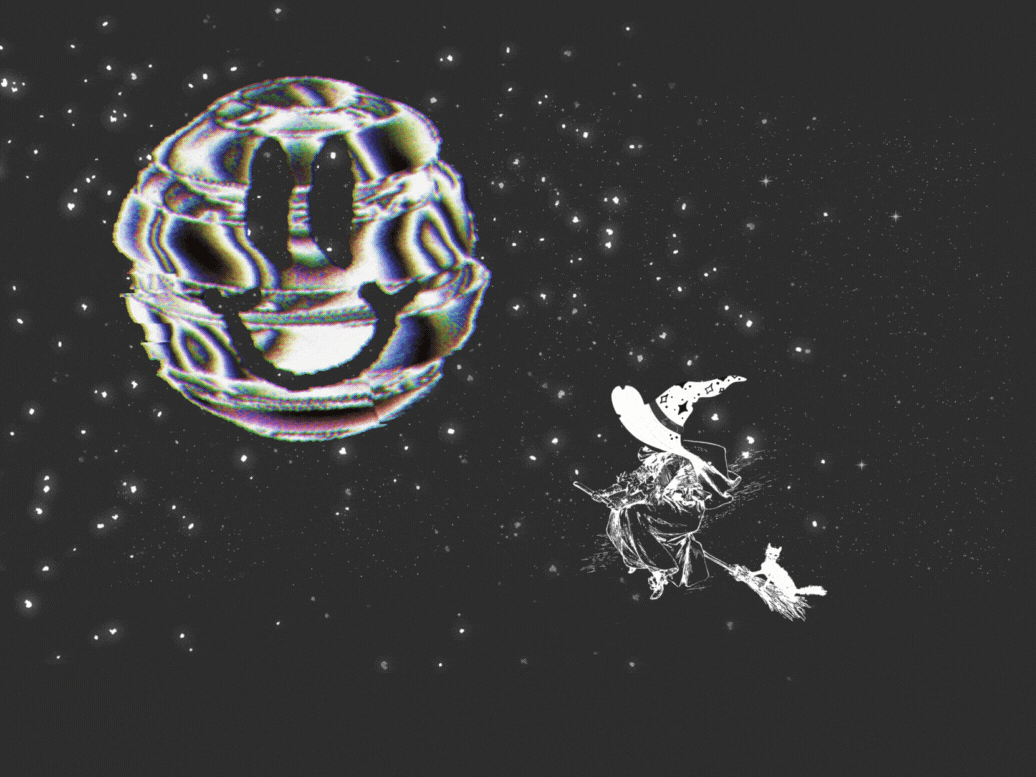

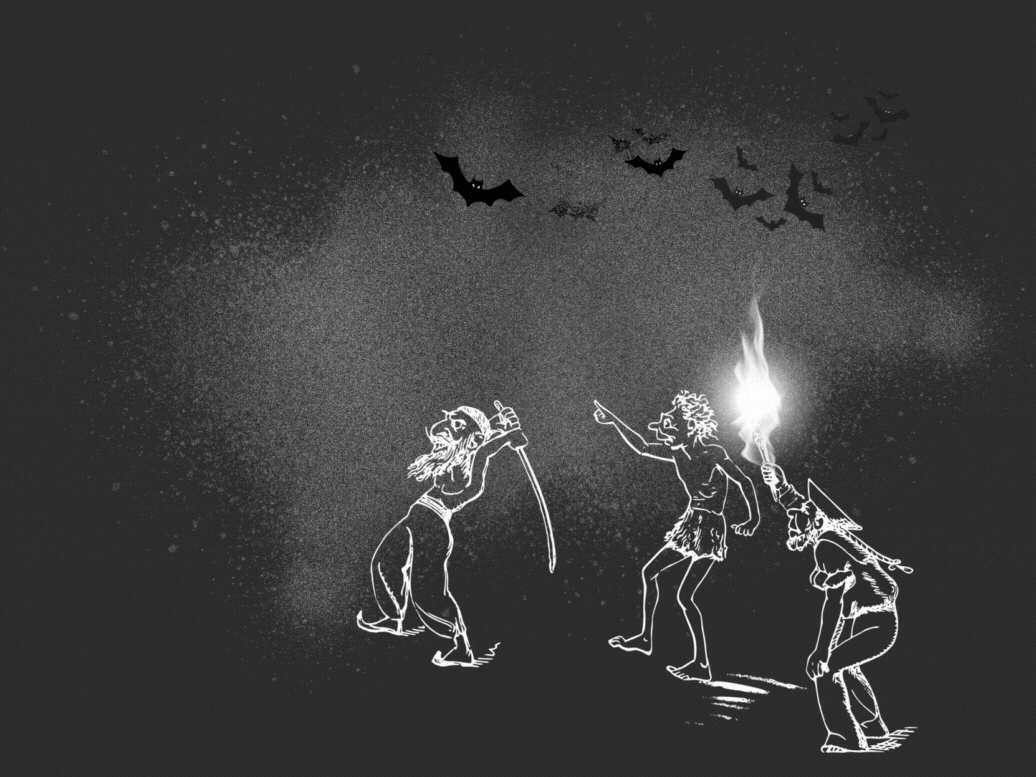

Families of offenders are stigmatised and affected in similar ways.
These opinions reflect prejudice against criminal offenders.
It has given rise to widespread stigmatising acts towards offenders, that affect multiple facets of their life.
Families of offenders are deemed guilty just by association. They suffer stigmatisation like their offender kin.
These families usually choose to conceal their identity.
There are family members who resent the offender whose familial ties have subjected them to stigmatisation from others.
They may act out in behave in stigmatising ways towards the offender.
Stigmatisation can be perpetrated by family members to the offender.
Not infrequently, offenders are stigmatised by their family.
Its occurrence is especially damaging as it not only reduces family's support paramount to rehabilitation, it causes challenges too and right in the home.
Opinions are not necessarily based on facts.
What we know about any given situation is mostly influenced by what we hear, see and how we feel about these.
The thing is, many things that we think we know, we actually don't. We get snippets of information, from people and sources that have gotten snippets of information from people and sources... and all of them including us, have our own personal takes on the received coloured and biased
Stigma creates challenges, blocks access to help and support for offenders and their families, contributing to their state.
This multiplies the damaging impacts as it disrupts home life and undermines family support paramount to rehabilitation.
Like a rolling snowball that gains mass over time, they become over-whelming and unmanageable.
Families of offenders are deemed guilty by association.
Death by public opinion.
But tales plucked from the sky don't make for facts.
Nobody likes offenders.
Because criminals are the worst types around and do things like that.
They say as I'm married to him, I must be same like him.
The Irony.
They blame my husband for bringing this mess upon us.
Reduced job opportunities, low and stagnant income, distrusting employers, condescending co-workers, self-righteous family members and so on can be demoralising and disruptive.
Meeting basic needs of food and shelter can become challenging.
When all else fails, seeking the last line of hope ie. social welfare, they attract the same responses.
They suffer its impacts directly, and indirectly, through the offenders whose lives are closely intertwined with theirs.
The irony is that our predicament is contributed by the same people who are faulting us for it.
The more you stress people, the more you entrench them in the addiction.
The prison system does this.
Defence counsels work in the best interests of the client.
A better life begins with my husband's reforming his ways.
Or leaving him.
Admission of guilt equates to actual guilt.


Busting Myths
Criminal offenders are bad.
Prison rehabilitation works.
Family support is well, supportive.
The law is just.
Drug traffickers willingly traffic drugs.
Police are efficient and effective.
Drug abusers are lazy, unable to hold down a job and steal to support their drug habit.
Drug use is the cause of horrible crimes.
(Illegal) drugs take lives.
Prosecutors work in the interest of the public.
Court appointed legal representation is adequate and of good quality.
Prison reforms and rehabilitation is effective.
People who offend have contempt of the law.
Innocence will come to light.
Convictions are always rightful.
Families of offenders are deemed guilty by association.
So they resent the offending kin for the shame of their familial association.
When the law comes down on offenders, their families become collateral damage.
When the law comes down on offenders, their families become collateral damage.
Families of offenders pay the price when it's not their crime.
In the process of punishing the offenders, by stripping them their families are affected to a similar degree
The situation is complex and paradoxical.
Even their own families don't like them.
So they resent their offending kin for the many difficulties brought on by his brush with the law.
Families of offenders forced to offer support when they can't stay afloat.
So they resent their offending kin for the many difficulties brought on by his brush with the law.
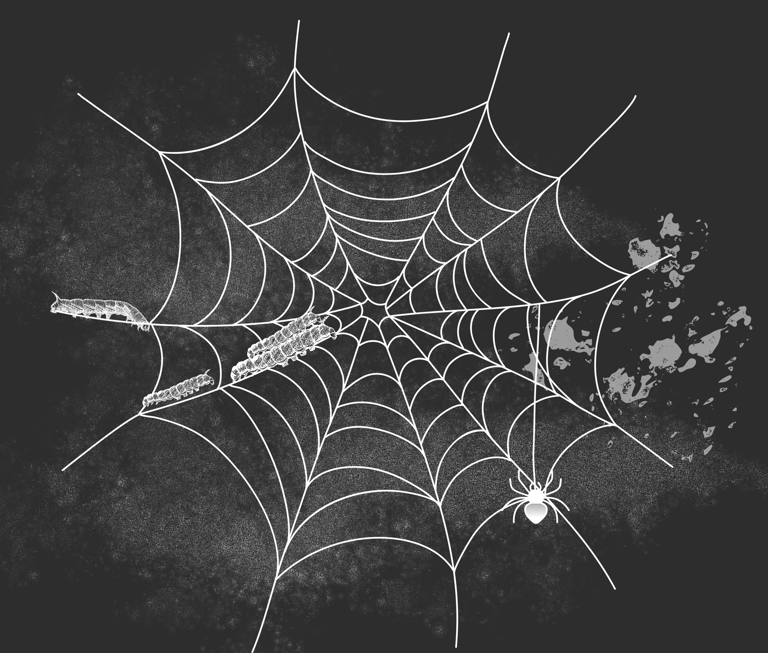

When employers and co-workers devalue and exploit offenders.
When rehabilitation services disregard them.
My husband has gone in and out of prison for multiple offences.
We’ve lost our savings, jobs, house and reputation.
Each time plunged the family into crisis.
We risk losing our children to mental illness, suicide, addiction, negative peer influence, teenage pregnancy and delinquency as youths like them often do.
There's an almost 50% chance I'll lose my husband to prison.
Again.
Getting support has been tough, because nobody likes offenders and their family, even amongst family members.
Ironically, social services too.
Impacts Of High ACEs - Adverse Childhood Experiences.
-------------------------------------------------------
High Rates Of Reoffending
-------------------------------------------------------
Costly Legal Expenses, Loss of Work & Income, Loss Of Home, Evictions, Slander And Accusations.
-------------------------------------------------------
They think what I want is money, when money is the only thing they can provide.
Heavy Stigmatisation, Secondary Stigma Family Deemed Guilty By Association.
-------------------------------------------------------
Trauma Of Arrest And Separation Of Loved One, Family Upheavals And Disintegration.
-------------------------------------------------------
Complex Trauma Causes Offending Behaviours.
-------------------------------------------------------
Normalisation Of Abuse In Asian Society.
-------------------------------------------------------
Intergenerational Criminality
-------------------------------------------------------
Like what happened to my husband in his youth, which contributed to criminality.
Low Mental Health Awareness.
-------------------------------------------------------
Unsustainable Economic Focus
-------------------------------------------------------
The lack of awareness keeps us
When my dedicated attention is my children's best chance at overcoming their complex trauma, social services expect it to be done in a clinic, once every 3 weeks for 2 hours.
When money is the only thing they can provide, they think all I want is money, so their solution of me getting a full time job only solves their problem, not mine.
Punishment imposed on offenders that perpetuates the conditions that caused criminal behaviour in the first place.
Collateral damage of the criminal process causing families of offenders to pay the price when it's not their crime.
A support system that expects the lame to walk like a normal person, before crutches are given.
And since my husband is the problem, thus leaving him is the solution.
Families of offenders are deemed guilty by association.
Some family members distance themselves to prevent association.
And distance our kids from us by turning them against us.
Well, they couldn't be more wrong.
(Work In Progress)
Families of offenders pay the price when it's not their crime.
The offenders' brush with the law brings family upheavals, broken ties, increased workload and financial losses.
Families of offenders burdened with offering financial sustenance.
Depressed wages from prison work programs and employment as ex-offenders cannot sustain basic living needs, creating reliance on families who are financially strained themselves.
This includes shelter as they may not qualify for housing even if they have been employed for years.
Families of offenders live in tensed, closed proximity.
Resentment towards offenders eventually overshadows concern they may have for
Finding support has been tough.
Nobody likes offenders.
They blame my husband for our predicament.
And my stupidity for standing by him.
There is no publicly available data to track reoffending after the 5th year.
Reoffending rate increases for custodial vs non-custodial sentences.
Rates Of Reoffending
-------------------------------------------------------
Drug Rehabilitation Center appears to produce higher incidences of drug reoffenders than the prison, ironically contradicting its rehabilitation centric purpose.
We need to stop imagining that working only on the offender is the way to rehabilitation when many factors contribute to an outcome.
We need to stop criminalising reoffenders for reoffending when the above two factors are unaddressed.
When almost 50% of the population of releases reoffend. existing methods of reform cannot be said to be effective and that reoffenders are the exception.
PENAL
---------
About 20% or 1 in 5
---------
About 40% or 2 in 5
---------
Year
02
05
DRC
-------
About 25% or 1 in 4
-------
About 45% or near 1 in 2
-------
This is what's going on with regards to prisoners' reform.
Returning to the same conditions that contributed to the past offending increase the likelihood of subsequent offending.
A child in a loving and supportive environment thrives while a cold and disapproving one disrupts proper development.
Same goes for adults.
Doing the same thing again and again will not yield different outcomes.
Environment is greater than willpower.
Offending does not arise on its own, ie. not independently. Many factors contribute and are present in the surroundings, within his environment. Interacting with them on a frequent, daily basis, makes them highly influential in driving his behaviours.
Offending is not merely a matter of personal choice, but influenced by powerful forces.
A NEW
Light On Reoffending.


Taking a new perspective.
Harsh environments create oppositional personalities.
Especially those with great power. A rat has no chance with a cat on its tail, rat poison and rat-trap set up. Humans have no chance in a tsunami.
Harsh environments create oppositional personalities.
Authoritarian environments may yield high compliance but it comes with a similar degree of inner resistance that will express itself in some way
It is not just bad company, peer pressure or lack of self-control.
There are 4 environments offenders are exposed to from the previous offending to the subsequent one.
Under Yellow Ribbon's work program, Work opportunities are scarce as ex-offenders. His past qualifications and achievements are no longer valid. No matter how hard he worked, how much responsibilities he took on, his compensation paled compared to everyone else and Neve properly.
Submitting entirely to an all-powerful entity, offenders are stripped down to the bare minimum, following tight protocols and punished at the slightest mis-step.
Nutrition was non existent. Caterpillars were frequently found in the food and they had to drink from the urinal.
Forced separation and restricted contact with family under such oppressive conditions added to the toil.
Your Questions Answered.
Just as we don't train one soldier to fight an army, directing rehabilitation efforts on just the offender cannot be sufficient for him to overcome the odds that are far greater than him. When he doesn't, he is criminalised.
Offending has multiple contributing factors. Rehabilitation has to be a wholistic endeavour, addressing all of these components.
Exploring The 4 Environments
Social
Experience of the criminal justice system, starting from arrest to the date of release from prison.
Public sentiments give rise to how offenders are treated in all spheres of life, be it at work, home or social settings, As social acceptability can determine the opportunities offered at any level right down to fulfilling of basic needs, its impact is wide-reaching.
The huge power dynamic between offenders and captors gives rise to much negative conditioning.
Custodial
o1
o2
Professional
They change drastically for those with a criminal record.
Livelihood determines one's survivability. The work opportunities and conditions at work have great influence.
o3
Undeniably family is determinative of our level of success or failure in life. Offenders are greatly dependent on their family throughout incarceration and post release, looking to them for necessities and support.
However, their family are also subjected to the previous 3 environments ongoing. return to post prison release and draw support from to start life anew. Many factors come into play here including influences from the other environments, causing much complexity.
o4
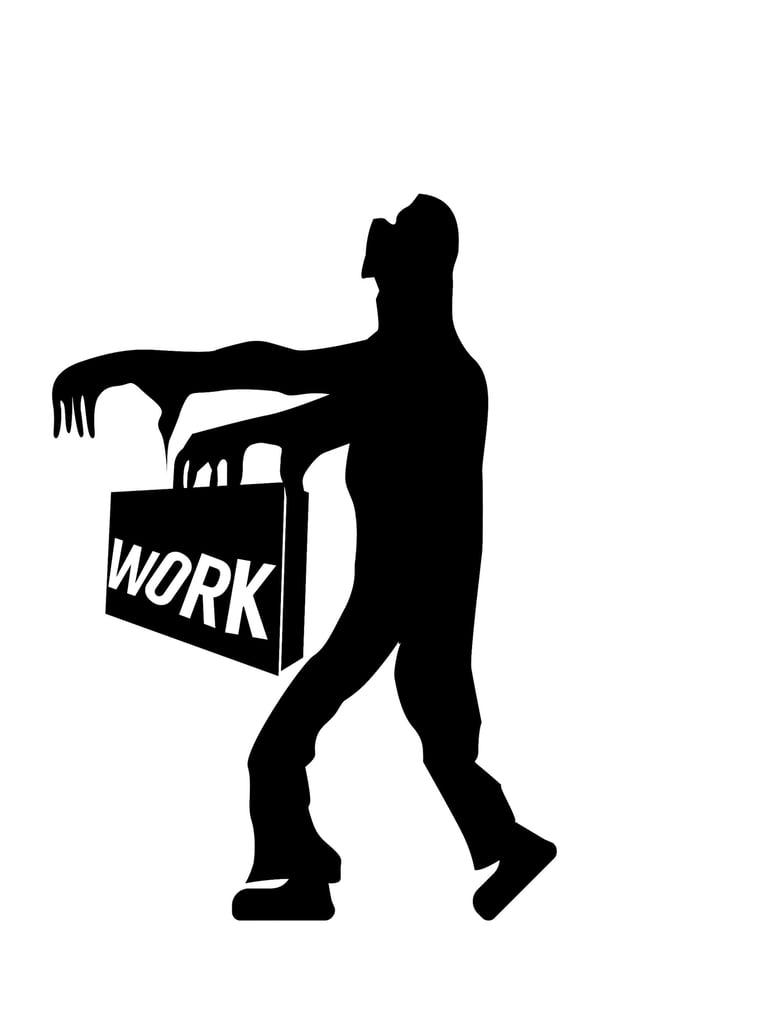

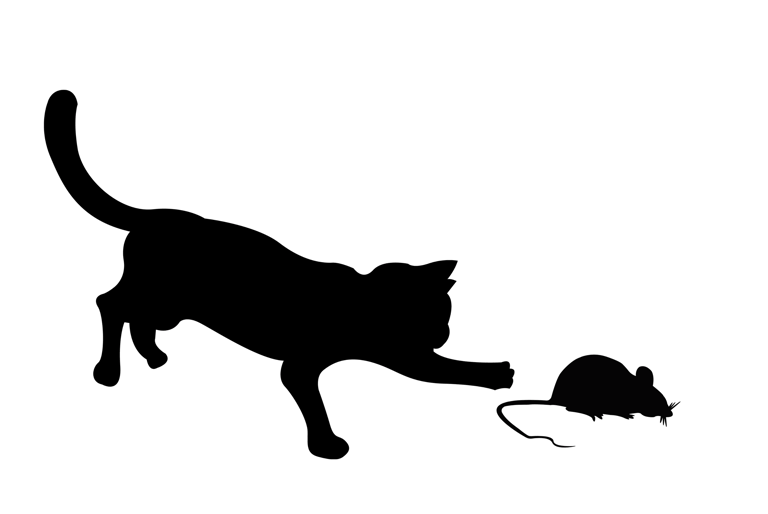

Familial
The punishment is not the cure.
One of the main causes of criminal behaviour hardly anyone talks about.
The experience in the grips of the criminal justice system, from point of arrest by law enforcement. It includes remand, imprisonment and after, when placed in the charge of entities associated with the system.
The period in contact with criminal justice from arrest or investigation stage to post release
Social
Public sentiments give rise to how offenders are treated in all spheres of life, be it at work, home or social settings, As social acceptability can determine the opportunities offered at any level right down to fulfilling of basic needs, its impact is wide-reaching.
The material and psychological damage incurred on the family when he was imprisoned, and continuing even after his release, affected their relationships. His need to depend on them for basic needs and moral support as he navigates a world averse to ex-offenders adds to the spoilage.
Families of offenders are also invisible to the justice system that has made become the collateral damage of custodial sentences. Imprisonment is a severe condition that affects not just offenders but their closed ones and in life-changing ways.
When efforts to address this problem has been lacklustre, rehabilitation of offenders is greatly undermined. Fire cannot be curbed with more fire in the environment, because of how much the lives of those within a family intertwine and their close proximity under one roof.
Intergenerational offending.
Does Criminality Run In Families?
A brush with the law impacts not just the offender but the family.
Swept into the current of sudden, shocking changes starting from the arrest of their kin and going on indefinitely, even beyond the end date of the prison term. Where children are involved, the damage goes on impacting more than one generation.
This is the state of their family situation inmates return to post release, to start afresh in life.
Custodial
Does Criminality Run In Families?
Professional
Our savings, jobs, house, and reputation are gone.
Soon, our children too.
When arrested, his life crumbles.
When released from prison, he starts from square one, again, rebuilding his life.
Except it's gotten more challenging.
Despite going to prison, he didn't mend his ways.
My husband's brush with the law plunged us into a state of crisis, followed by devastating events lasting up to this day.
Cycle Of Reoffending
01
02
04
05
It started 15 years ago.
We've lost almost everything.
He is A 3rd timeR.
He's Caught In a Loop.
03
This Is Bigger Than Him.
Despite my watchful eye, he got into trouble.
I watched closer. Still he reoffended.
He reoffends and gets arrested.
The same events and challenges occur.
This is a repeating pattern.
He Will Reoffend, Again.
Unless He Gets Out.
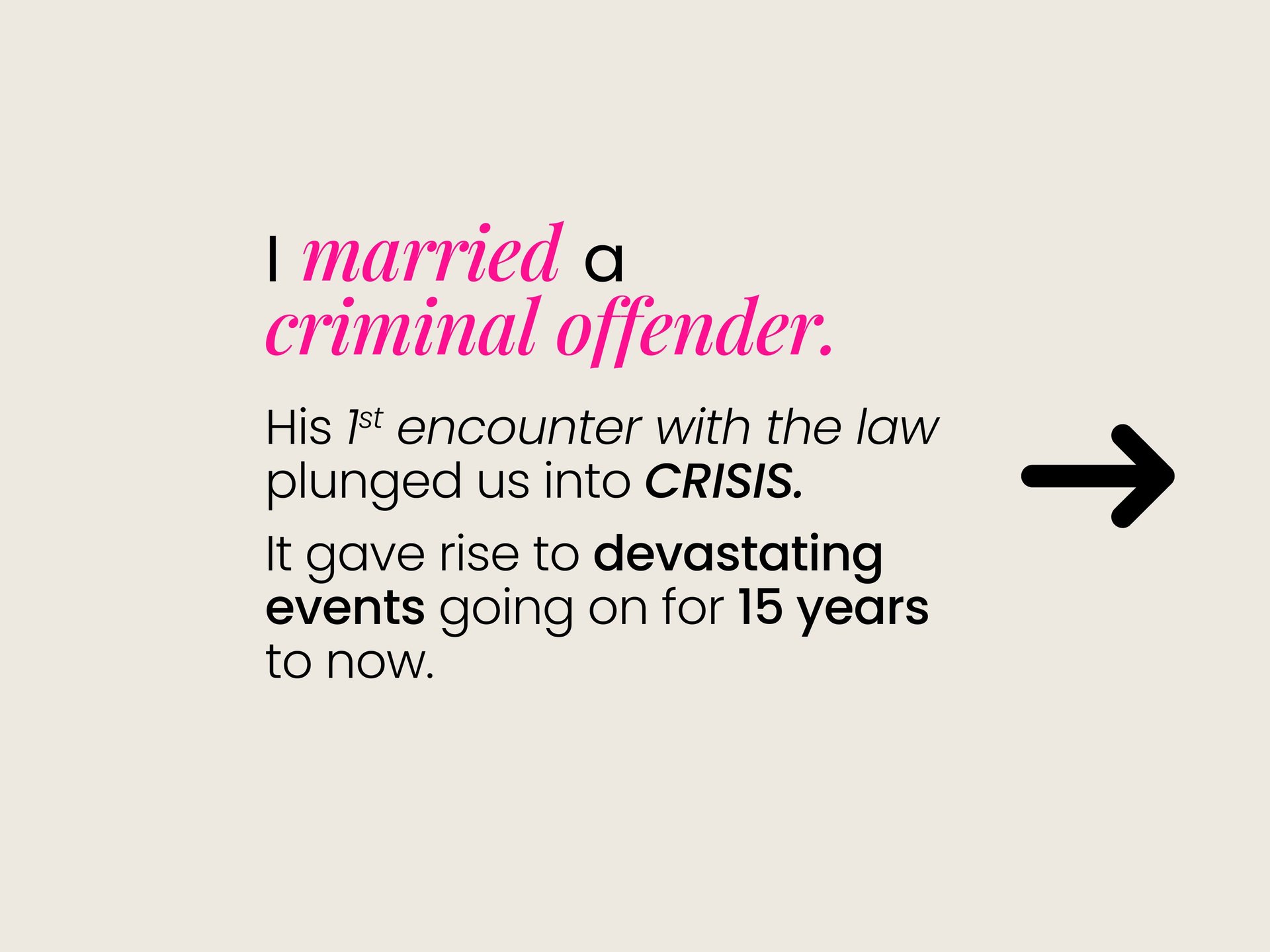
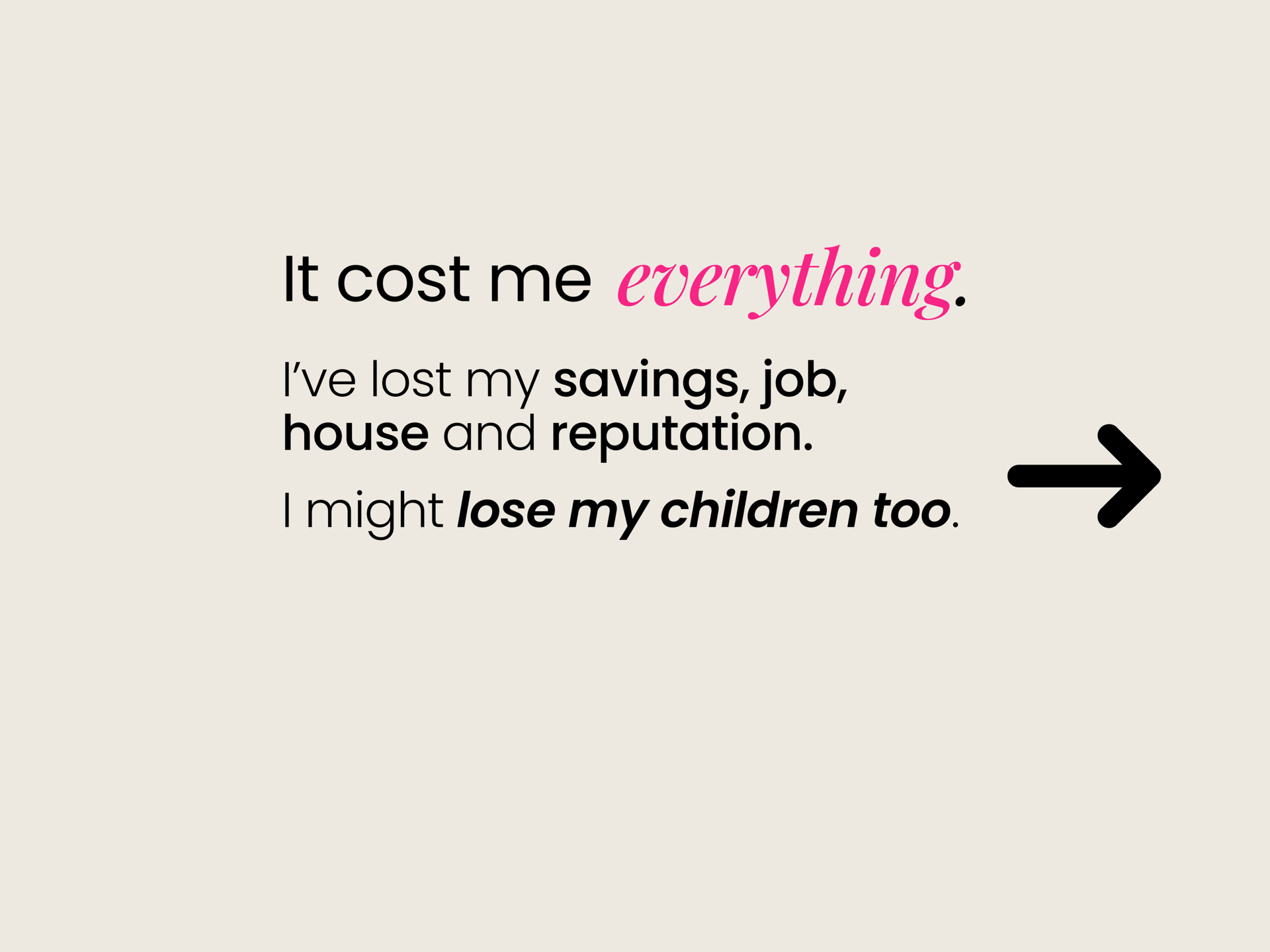
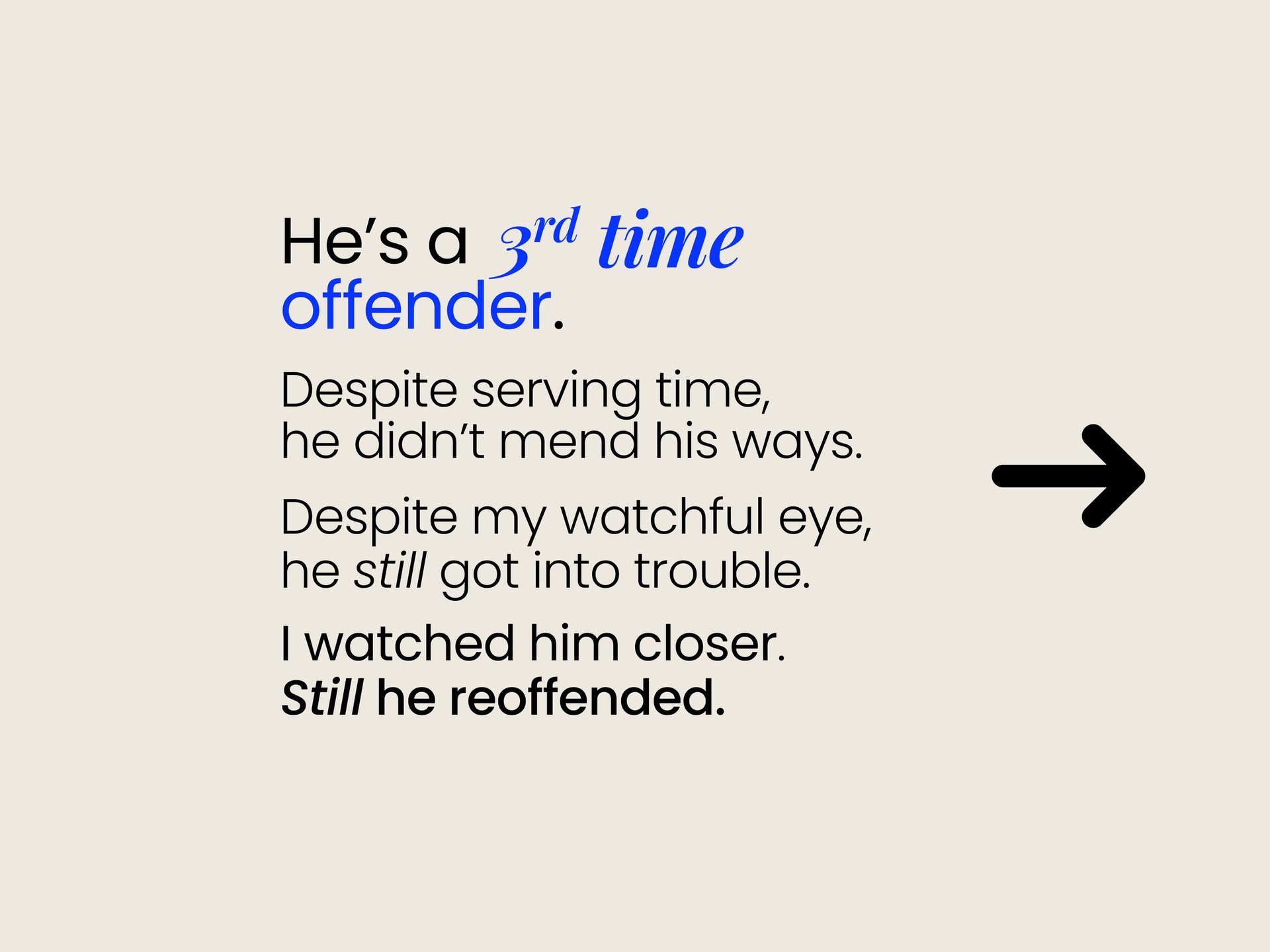
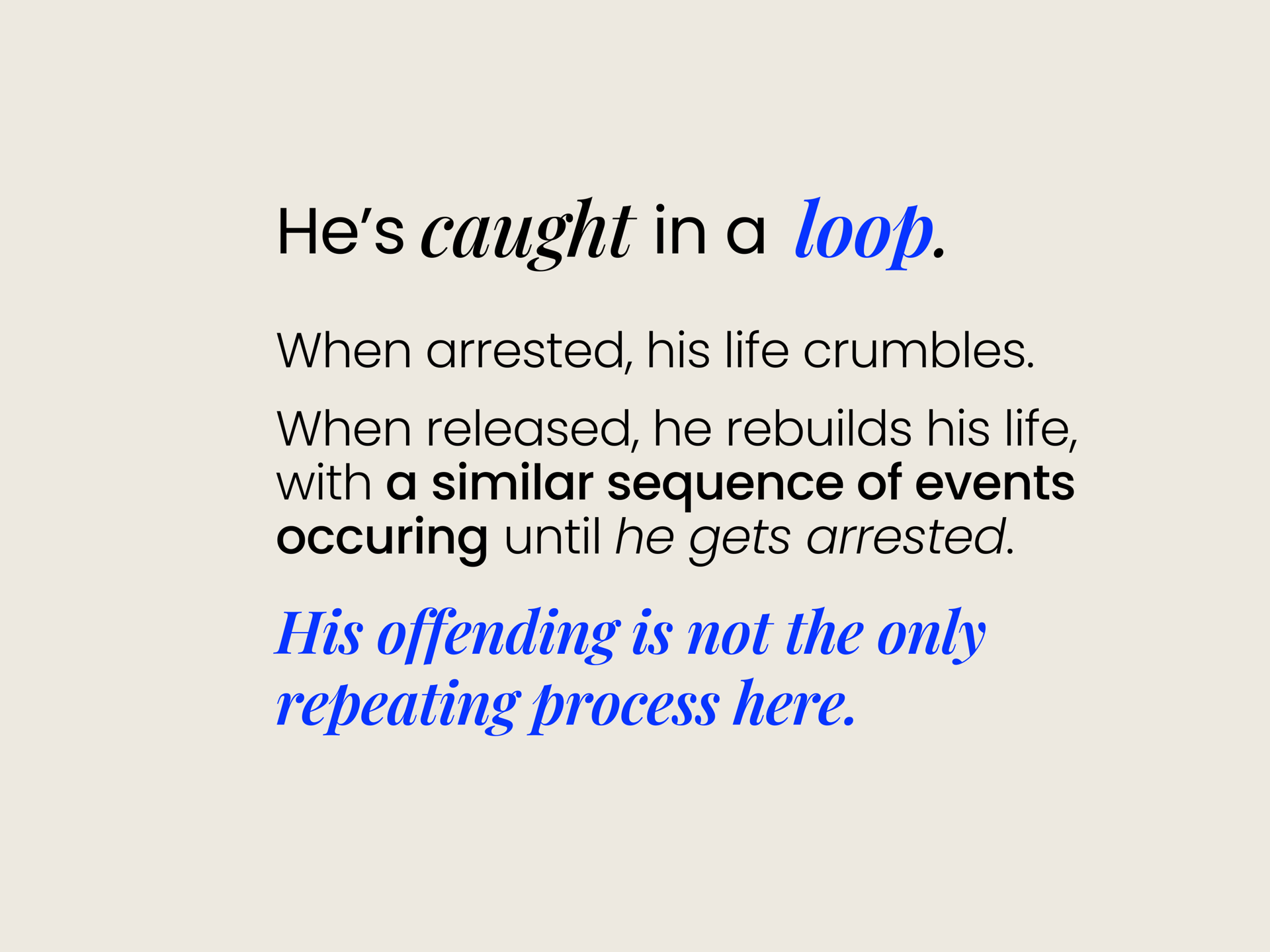
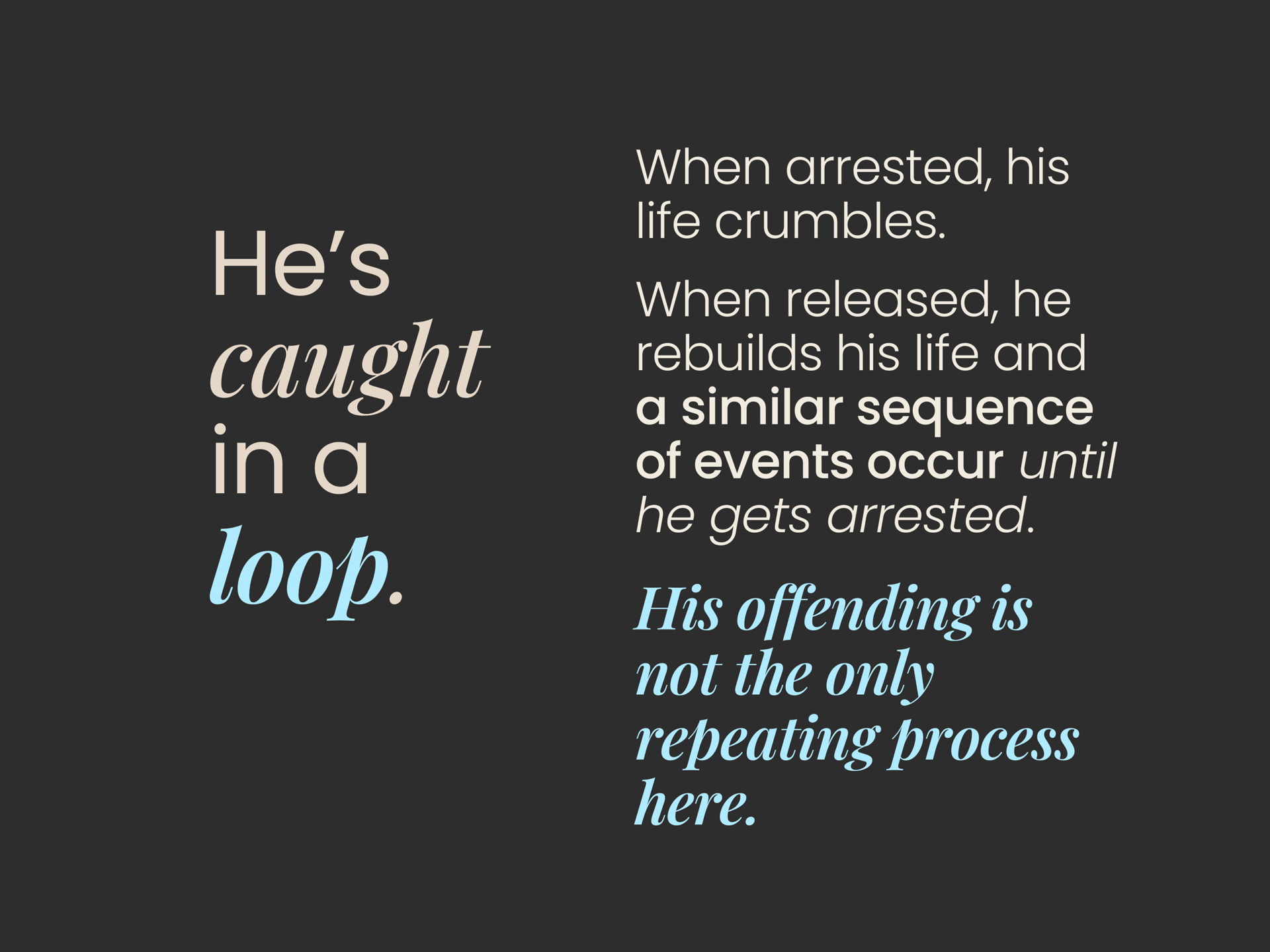
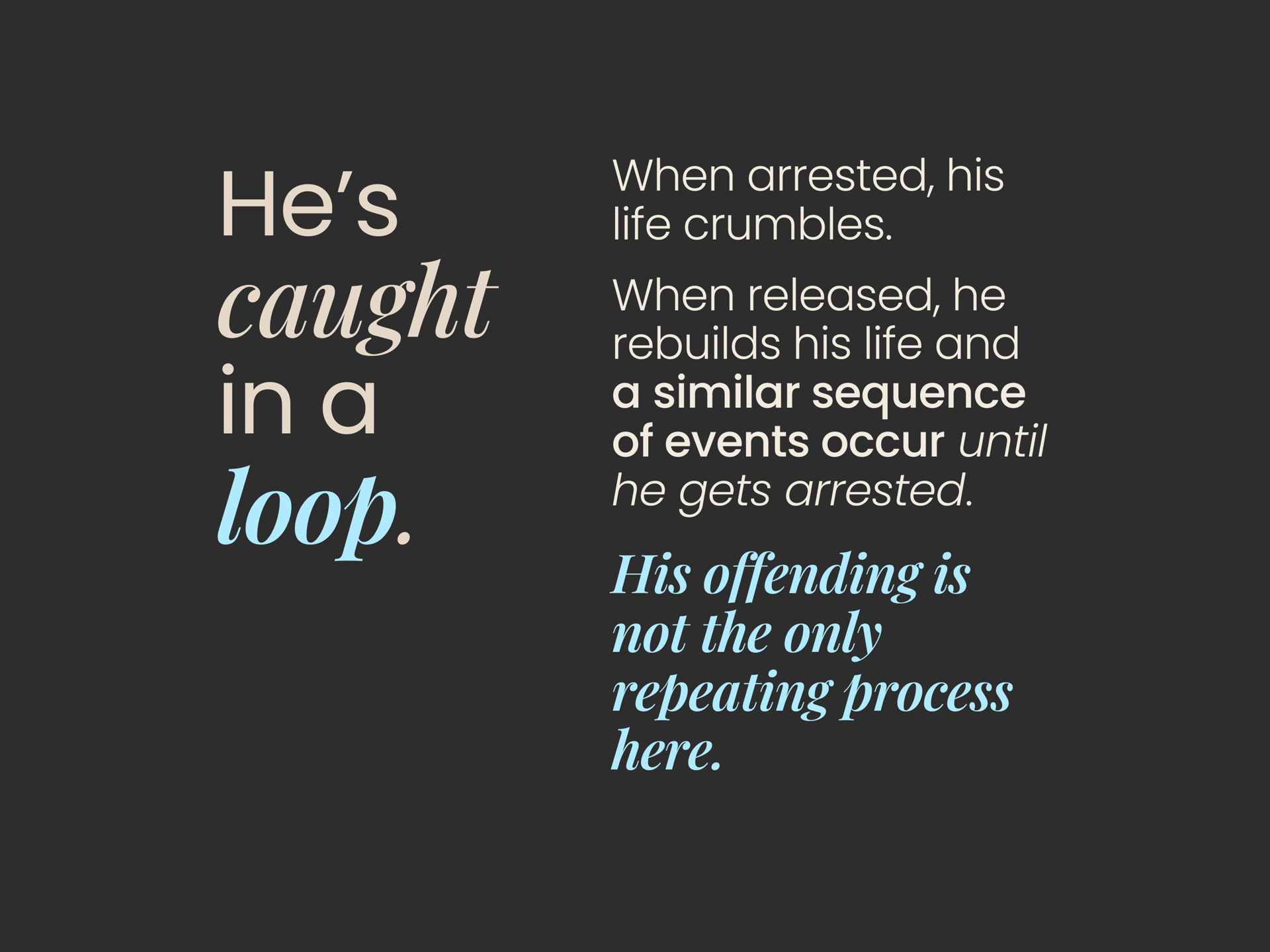
One of the main causes of criminal behaviour hardly anyone talks about.
01
The experience in the grips of the criminal justice system, from point of arrest by law enforcement. It includes remand, imprisonment and after, when placed in the charge of entities associated with the system.
Custodial
Does Prison/DRC Rehabilitate?
The huge power dynamic between an offender and the criminal justice system, made him nearly completely under its will. In
Th
The period in contact with criminal justice from arrest or investigation stage to post release
Do Offenders Deserve This?
It drew a string of events so devastating, our savings, jobs, house and not to mention, reputation are gone.
Soon, our children too.
His first brush with the law fifteen years ago, plunged us into a state of crisis.
We've lost almost everything.
Despite going to prison, he didn't mend his ways.
Despite my watchful eye, he still got into trouble.
It won't be his last.
He's a 3rd time offender.
I watch him even closer.
What else can I do?
When he is arrested, life crumbles.
When he is released, he starts from square one.
Again.
He cannot get out of this loop.
He goes up against the same challenges at work, in society and at home.
He will reoffend.
Again.
These challenges are deeply entrenched.
They are present in all the environments he is placed in.
It's bigger than him.
I am part of the problem.
A brush with the law impacts not just the offender but the family.
Swept into the current of sudden, shocking changes starting from the arrest of their kin and going on indefinitely, even beyond the end date of the prison term. Where children are involved, the damage goes on impacting more than one generation.
This is the state of their family situation inmates return to post release, to start afresh in life.
Custodial
A custodial sentence raises re-offending risk.
No stats exist beyond that.
Whether the principles of sentencing is to deter or rehabilitate, the data suggests these may not be as effective after all
One of the main causes of criminal behaviour hardly anyone talks about.
Family members of offenders pay the price when it's not their crime.
Familial
Professional
Work, is where we spend 1/3rd of life, from where we derive our income to sustain our needs.
What if you have to work longer hours, where rights accrued to normal employees are not relevant to you, subjected to constant distrust, paid at rates below entry level when at senior level?
A criminal record is career death and the start of slavery.
Social
What others think of you is vitally important because all the environments are essentially run by human beings. Whether you get opportunities or not, depends on people.
When your preceding reputation is the worst of every
The profile of offenders in our country is a far cry from that of almost every other country yet
Expecting the lame to walk like abled people before crutches are offered is the best to describe the attitude of social welfare agents towards offenders.
Discriminating
There is more compassion for strays than offenders.
These environments are constantly overlapping, bringing their impacts
The 4 Environments
For every 5 prison releases, within 2 years, returns to prison.
Within 5 years, almost half of all releases will be behind bars again.
01
02
03
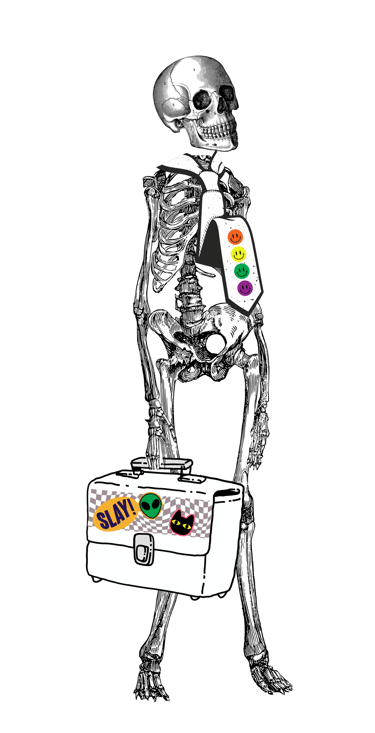

Families of offenders are deemed guilty by association.
Stigma
To date, most of what is delved into regarding the family's role in contributing to their kin's offending is their propensity for criminality and anti-social behaviours.


Stigma
Our children just might beat him to offend 1st.
There's little sympathy for offenders. Society wants them to prove they are deserving, before help is extended, even when they are in dire straits. It's like expecting the lame to walk as an able person, before crutches are offered.
Furthermore, the ostracism extends to the immediate family, from social as well as familial circles. Not only does this deprive them of the moral support, in some cases they add onto the troubles the family is already experiencing and they can also bring about additional troubles.
Society has the least compassion towards offenders.
Families of offenders are deemed guilty by association.
People say we've brought these upon ourselves because they occurred as a result of my husband's offending and my choice to stay married to him subjected me to these events.
Our children are not spared from this callous attitude. Parents of friends who knew of their father's incarceration would not let them associate. No more going to each other's houses.
To date, most of what is delved into regarding the family's role in contributing to their kin's offending is their propensity for criminality and anti-social behaviours.


Youths from families with criminality background are times more likely to offend, youngest to youngest increased risk to
There's little sympathy for offenders. Society wants them to prove they are deserving, before help is extended, even when they are in dire straits. It's like expecting the lame to walk as an able person, before crutches are offered.
Our children just might beat him to offending 1st.
times more likely to offend, youngest to offend
Incarceration Earlier Age
More Significant For Daughters
Maternal Incarceration Earlier Age

OUR STORY
Design is a timeless craft.
CreateInterior started off as an online initiative to highlight interior spaces that reflected the personality of the dwellers but quickly grew into a consultancy. Now, we're a multifunctional team of designers, architects, and engineers, striving to create personal homes for our clients.
We want to help you create a home that feels comfortable and most importantly, like it's something special and meaningful for you.
Our office
19 Cecil Street, #04-00, Singapore 049704


